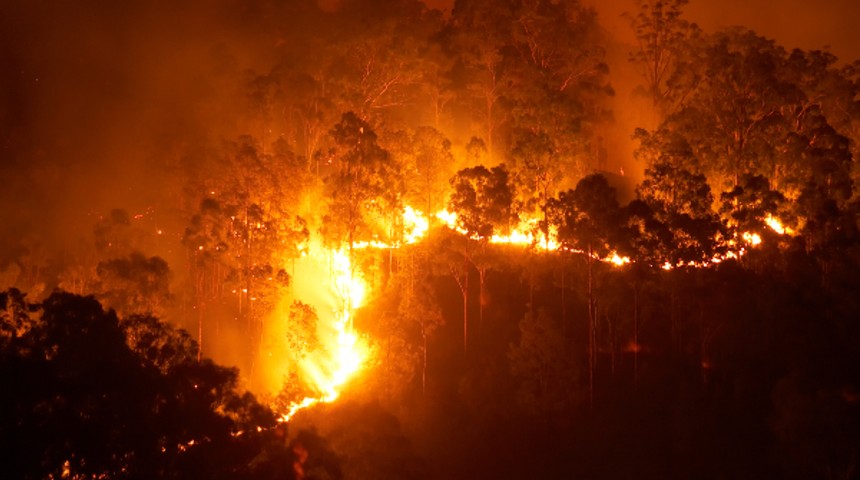
Are you fascinated about the world? Do you notice things that others don’t? Are you passionate climate change, environmental security, and human well-being?
In a lifetime where we are undoubtedly going to face more environmental and security challenges, how do we begin to prepare for what might come? Even better, how might we reduce the impacts to ensure a better future for the next generation?
Murdoch senior lecturer in Politics and International Relations, Dr Tobias Ide, explains that the first thing we need to do is to understand the security and environmental challenges, as well as their connections, which is why Murdoch has launched a new Environmental, Conflict and Security major.
“The connection between these two areas can be seen when it comes to water and food security, forced migration and political conflict. Take the war in Ukraine as an example. The war drives an increase in global food prices, this combined with regional drought is made worse by climate change, more people in poorer countries will go hungry, leading to social unrest and political instability. And this is just the start of a vicious cycle,” he said.
“The impact of climate change will also have a range of adverse security impacts on Australia. In recent years we have started to the effect of bushfires and excessive flooding, especially in Queensland. Although we are starting to see the environmental impacts in our own backyard, the humanitarian effects in neighbouring countries are yet to be seen to the full extent.
Although these issues are not resolved overnight, we can begin to understand the interconnectedness, and solutions to limit the impacts. Murdoch University’s Environmental, Conflict and Security major is just one way we are preparing the next generation of free thinkers to understand the way the world operates and how they can help make a difference.
Students will explore the relationship between the two and learn how environmental issues effect conflict and security, and what can be done to address these global issues. The course also provides unique opportunities for hand-on learning. Most recently students conducted a climate security research project and delivered the results to the German Foreign Ministry as part of a partnership with Murdoch University.
Students who undertake this course can benefit from the large number of Murdoch University researchers leading the way in this field.
With research that includes Dr Tobias Ide’s on Climate Conflicts and Environmental Peacebuilding, Dr Rochelle Spencer’s on Sustainable Development, Professor Samuel Makinda’s on Political Instability and Dr Oliver Fritsch’s on Environmental Policy Making, students will have the opportunity to further dive into these complex issues.
As the world continues to evolve and we continue to experience these types of issues, understanding the interconnectedness and having people whose primary roles are focused on climate change, environmental stress, poverty, and political conflict will become more important than ever.